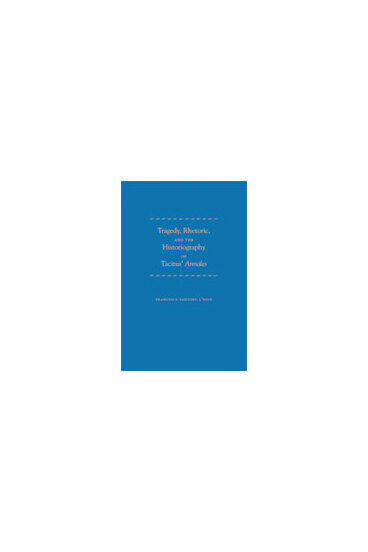Tragedy, Rhetoric, and the Historiography of Tacitus' Annales
Examines the importance of Greek and Roman tragic elements in Tacitus' greatest work
Description
This manuscript examines how the Roman historian Tacitus employs thematic vocabulary, imagery and intricate word patterns that evoke the complex schemes of verbal repetition found in Greek tragedy. Because so many scholars have remarked upon the "dramatic technique" in Tacitus, and because little attention has been given to the recurrent vocabulary and allusive imagery with which he achieves his dramatic effect, this work concentrates upon that aspect of his historiography.
Tacitean scholars have thus far only danced piecemeal around the question of poetic influences on Tacitus and the significance of such influences. L'hoir has taken the question head on, and, in the process, done a great service for Tacitean scholars and students of Roman historiography in general. Through a close reading of the text, the author has excavated a hitherto unappreciated side of Tacitus' text. In particular, the book looks at how Tacitus references the themes and language of tragedy and what the implications are for his historiography.
The employment of clusters of recurrent words drawn from tragedy intensifies Tacitus' dramatic technique, imbuing the entire historical narrative of the Annales with a tragic texture and depth of field. Ever present, but hardly noticed, due to Tacitus' artistry and the compelling nature of his subjects, Tacitus' tragic vocabulary deserves thorough consideration.
Francesca Santoro L'hoir is a Fellow of the American Academy in Rome and author of The Rhetoric of Gender Terms: 'Man', 'Woman', and the Portrayal of Character in Latin Prose.

